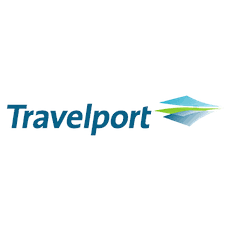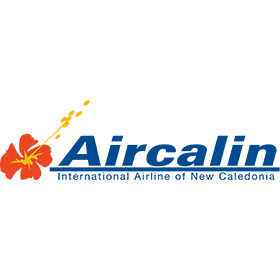When you are thinking about outsourcing your business, you might have heard the term onshore and offshore while doing your research. You may wonder, what’s the difference between the two and how will this affect your company?
These two terms can be confusing as they have the same denominator: Outsourcing. However, they are different in many other ways. But the significant difference is where they complete the work.
Knowing these differences would put you in a better position to decide which option fits your business needs. But first, let’s examine the difference between the two:
What is offshore and onshore outsourcing?
Offshore outsourcing refers to outsourcing non-core business processes to a company in far-away countries. Meaning, companies are interested in external sources of help from foreign countries to get their job done.
On the other hand, onshore means the opposite. If offshore means companies delegate third-party services from a different country, onshore is incorporating external help within the same country.
From the definitions above, it is clear that the difference lay most in the geographic location. Now, it isn’t so hard to understand the primary term; however, how can these two benefit your business needs? Which should you choose?
Some factors could be affected by these geographical boundaries. You need to decide whether these factors are pros or cons to your company and see which suits your business needs more.
Labour cost
Different labour costs can either be a pro or a con to your company, depending on where you source your delegates. The surrounding production factors, such as wages in each country, may cause different costs whether you hire offshore or onshore.
For example, if your country has cheaper labour, you’ll find onshore outsourcing to be much more cost-effective than hiring from countries with higher labour costs. Yet, if you find countries with a lower labour cost, offshoring may save you some expenses.
Convenience
Hiring from an onshore company could be an advantage as you will be working with a local company. You can work more swiftly as you will be dealing with people in the same timezone and location. It can also be easier for you to monitor the projects you have outsourced to them.
While using the services of an offshore company often means that you have to deal with different time zones. As a result, you may experience delays in communication that can affect your business flow.
Different timezone, however, could be beneficial when you have international clients. By outsourcing offshore, your company can take better advantage of international working hours, which means the turnaround is less than one working day, helping your business get more done in less time.
Language and Culture
If you’re looking for a way to expand your business, outsourcing offshore would be a good choice for you. By hiring services overseas, you will improve your business development with the regional market knowledge and competent native speakers of the different languages you want to add to your business.
However, suppose you do not intend to expand your business internationally anytime soon or use multiple languages. In that case, the language barriers can become an issue if you decide to outsource services from different countries. It’s best to know where your business is heading and decide which one suits you best.
Should You Offshore or Onshore?
Now that we’ve highlighted the essential factors you need to know, whether offshore or onshore, it all depends on which one fits more to your business needs. Take time to understand your business. Relevancy is vital when it comes to finding potential third-party services. Before delegating outside vendors, it is important to find providers relevant to the dimensions of your business.
How can ATI help you?
ATI focuses on providing outsourcing services and technology to the travel industry across the globe. Our clients leverage our industry-specific skills and technology to take advantage of new opportunities for their business. Our flexible and competitively priced service models also mean companies only pay for capacity as needed, and no job is too small or too large.
If you want to know more about our business and services, don’t hesitate to get in contact with us, or check out all of our offerings here.







